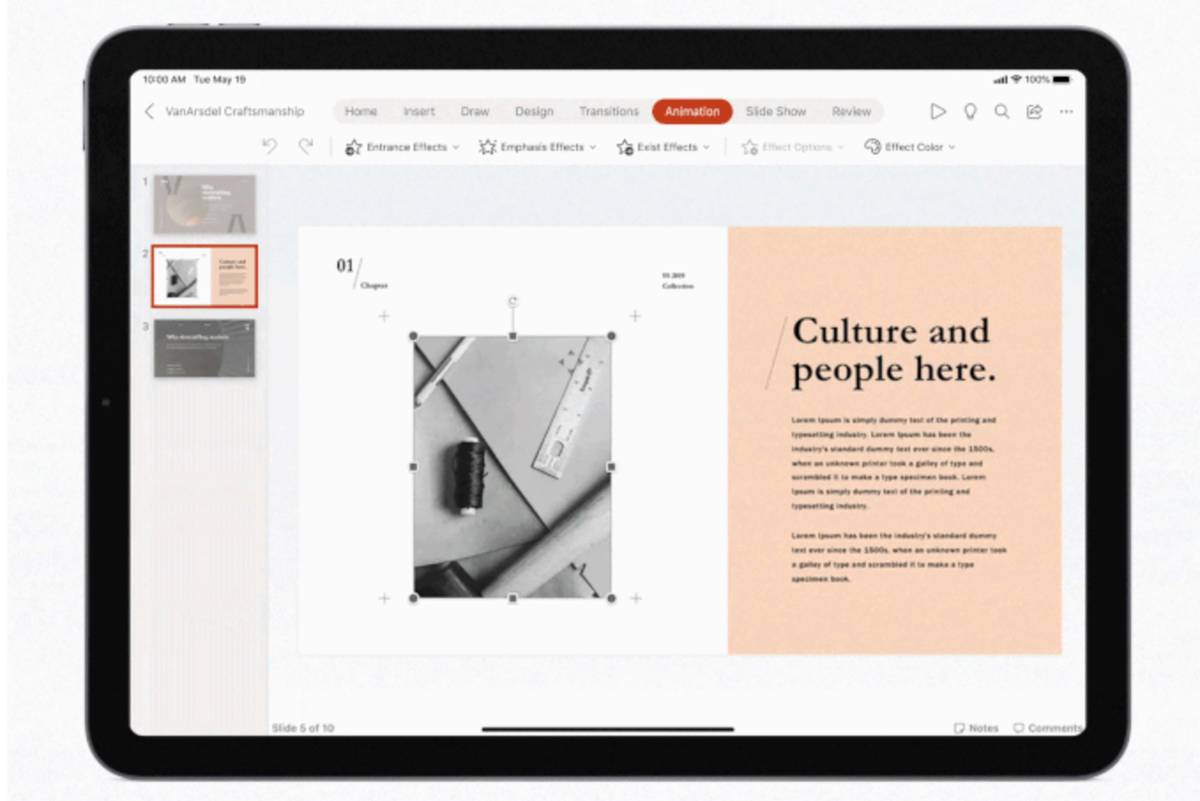BCN Retail, a Japanese analyst firm that collects daily sales data of mirrorless interchangeable lens cameras from online and in-person points of sale in Japan, has published (translated) its latest numbers, showing the breakdown of Japanese domestic market share in the full-frame mirrorless interchangeable lens camera (MILC) market.
BCN Retail starts its report with partially encouraging news, noting the camera market, at least in Japan, has almost entirely recovered from the pandemic drop, with unit sales in the month of September being down just 2% and revenue from those sales down just 10% year-over-year (YoY). Lower numbers YoY is never a good thing, but considering the state of the camera market even pre-pandemic, these drops aren’t terrible.
According to BCN Retail’s latest numbers, Canon and Panasonic have seen a rise in market share over the past few months, while Nikon has more or less stayed even. Meanwhile, both Sony and Sigma have seen their market shares drop over the past few months.
BCN Retail says Canon’s rise in market share — now 34.7% — can be attributed to the release of its R5 and R6 mirrorless cameras, while Panasonic’s rise — now 5.8% — is attributed to the launch of its S5. Nikon’s market share saw a small increase in July, which could likely be attributed to the release of its entry-level Z5, but since August its market share has more or less stayed stagnant, sitting at roughly 13%. It’s possible its forthcoming Z6 II and Z7 II mirrorless cameras could give the company a boost, though.
Meanwhile, Sony has seen its market share drop from roughly 60% back in May to now just 43.9%, only 9% ahead of Canon who, at the start of the year, had just 15% of the market share. Sigma, too, has seen its market share drop to just 2.6% after once being ahead of both Nikon and Panasonic back in May when the FP sales were hot.
 |
| The Canon EOS R5 was the most popular full-frame mirrorless interchangeable lens camera (MILC) of September, according to BCN Retail. |
It’s worth noting these market share numbers are specific to the Japanese market and greatly impacted by new cameras launched within a given month or quarter.
Back in the summer of 2018, Sony effectively had 100% of the full-frame MILC market share, as there were no other competitors. Within six months of both Canon and Nikon introducing their respective full-frame mirrorless cameras, Sony’s market share was effectively halved and since then, it’s been further chipped away at by Canon.
This doesn’t necessarily mean Canon or Nikon were eating into Sony sales at the beginning when the two first entered the market, as you can see unit volume also rose when Canon and Nikon introduced their mirrorless cameras, but now that sales have more or less returned to their pre-pandemic volume and Sony is further dropping in market share, it is possible we’re starting to see Canon starting to pull away some of Sony’s customers a bit.
 |
| Canon EOS RP (left), Nikon Z5 (right). |
What should be interesting to see is whether Nikon’s new Z6 II and Z7 II take more market share from Canon or Sony or is simply converting more DSLR users and therefore adding to the sales volume rather than taking from elsewhere in the full-frame MILC market. In the past, it seems Canon’s numbers are more affected by the rise and fall of Nikon’s market share, whereas Sony’s are more affected by the rise and fall of Canon’s market share, but even with the charts, it’s difficult to get the full picture without knowing the precise number of units being sold and the price at which they’re selling for—two numbers that prove challenging to extrapolate from BCN Retail’s numbers or even CIPA.
BCN Retail also notes that full-frame sales have hit 10.7% of the overall interchangeable lens camera (ILC) market, marking the first time it’s been in double-digits. Revenue from full-frame MILC, as a percentage of the overall ILC market, also saw a dramatic jump to 25%. These are both the highest-ever numbers for the full-frame market, but BCN Retail does note this is because the average cost of a full-frame MILC tends to be 2.3x as much as a crop sensor ILC —¥230,000 (~$2,200) to ¥100,000 ($955), respectively.













